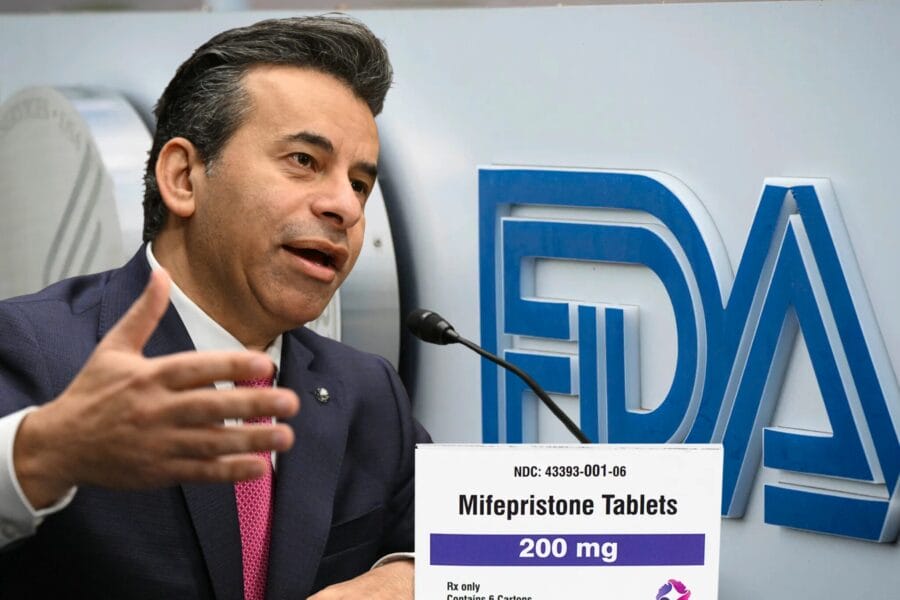Suicide with physician assistance is an attack upon human dignity. The United States has a robust public policy of suicide prevention. Yet, eleven jurisdictions have carved out civil, criminal, and professional liability exemptions for homicide in the case of physician-assisted suicide. Suicide activists have pushed to deregulate the practice; Oregon now permits suicide tourism by out-of-state residents and Vermont authorizes telemedical suicide assistance. Assisted suicide threatens vulnerable patients, poses grave informed consent issues, and blatantly discriminates against the elderly and persons with illnesses and disabilities. The practice undermines suicide prevention policies and increases the rates of non-assisted suicide. Thankfully, however, Congress and the states have broad powers to protect human dignity at the end of life.
Americans United for Life’s groundbreaking policy paper, A Time to Choose: Suicide Assistance or Suicide Prevention?, provides a legal overview and resources for lawmakers and human rights advocates to end the spread of physician-assisted suicide. The legal analysis discusses:
- The euphemistic terminology of suicide assistance.
- The legal status of physician-assisted suicide.
- The failure of assisted suicide “safeguards” in protecting vulnerable patients.
- How increasing suicide access undercuts suicide prevention policies.
- Congress’ powers to protect end-of-life patients.
- States’ roles in safeguarding human dignity at the end of life.
Americans United for Life is committed to empowering human rights advocates and lawmakers to advance the human right to life through a robust culture of suicide prevention. We strive for the day when all are welcomed throughout life and protected in law.
“Some advocates laud assisted suicide as compassionate care,” explains Jesse Southerland, AUL Federal Policy Director. “Compassion means ‘to suffer together,’ but assisted suicide is diametrically opposed to this. It makes the doctor, the one whose sole job it is to care for, protect, and heal the patient, into the architect of a patient’s death. Assisted suicide laws also openly discriminate against persons with disabilities and the elderly. Our family, friends, and fellow Americans deserve better than assisted suicide. We need to protect and dignify our most vulnerable Americans, not push them to premature deaths.”
“Over the years, state lawmakers have been quietly enacting pro-physician-assisted suicide legislation,” highlights Danielle Pimentel, AUL Policy Counsel. “These laws have had devastating impacts on vulnerable individuals, such as those with disabilities or illnesses and the elderly, by communicating the message that these members of the human family are not worthy of life simply because of their circumstances. As a result, it is imperative that pro-life policymakers and lawmakers speak out against efforts to legalize assisted suicide and fight for those who are being targeted by these laws. The lives of these vulnerable individuals are on the line, and they are certainly worth protecting.”




